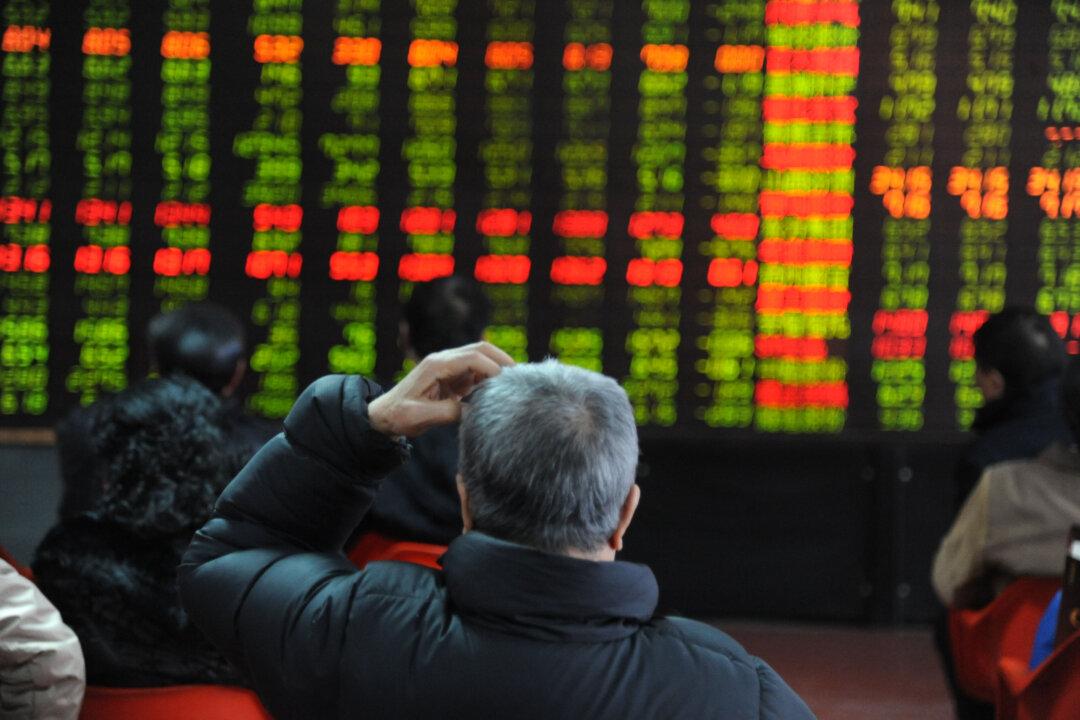China’s financial instability took the number five spot in the list of issues the world’s business leaders are watching closest. For business leaders in Asia, specifically, it took the top spot.
The data comes through a poll of 1,020 CEOs, presidents, and chairmen of companies around the world. It was featured in the CEO Challenge 2014 report from The Conference Board, an independent research association.
“China’s economy remains subject to significant policy challenges,” it states, adding that while some policies can give short-term benefits to China’s state-owned enterprises, they increase the risk of instability, “especially in the financial system—a possibility clearly on the minds of regional CEOs.”
Their concerns are well-grounded. The topic of China’s massive credit bubble has been a growing concern among financial analysts.
Some of the key issues—particularly the scale of China’s lending since 2008—are highlighted in Robert Peston’s new investigative video carried on BBC, “How China Fooled the World.”
In one segment he speaks with leading Chinese banking analyst Charlene Chu. She says China’s lending is “off the charts,” noting that “most people are aware we’ve had a credit boom in China, but they don’t know the scale.”
Chu says that when it started in 2008, China’s banking sector was about $10 trillion in size. Right now it’s around $24 trillion to $25 trillion. She says, “That incremental increase of $14 to $15 trillion U.S. dollars is equivalent to the entire U.S. commercial banking sector, which took more than a century to build.”
Peston elaborates a step further, saying “China’s total indebtedness is now equivalent to twice the value of everything it produces—twice its GDP—up from 125 percent just five years ago. Now there is no example in history of that kind of debt explosion not leading to tears before bedtime.”
The Conference Board report notes that the next 18 to 24 months “will be pivotal in illuminating which direction China is going—more open or more closed.”
The report advises anyone planning business in China to watch the situation carefully, and “prepare their organizations for utmost agility.”
The report includes a list of global concerns, as well as concerns by region. For global concerns, big data analytics took the top spot, Europe’s economic depression was second, diversifying the leadership of businesses took third, currency volatility was fourth, and China’s financial instability was fifth.
It notes that China’s financial instability is more important to smaller businesses. It states that, globally, firms that make less than $100 million annually ranked China’s financial instability as their top concern, while firms that bring in more than $5 billion ranked it as their sixth.





